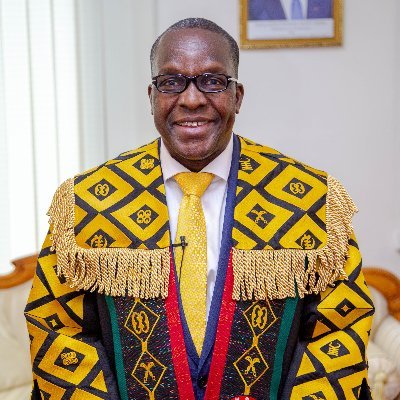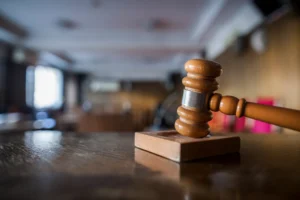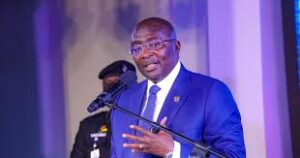Bagbin: Parliament to Soon Incorporate Local Languages in Debates

In a major shift toward cultural inclusion and democratic accessibility, Speaker of Parliament Alban Sumana Kingsford Bagbin has revealed plans to integrate Ghanaian local languages into parliamentary debates. The announcement signals a significant move to align national governance with the country’s linguistic and cultural identity.
Speaking at the official launch of the Open Parliament Action Plan, the Speaker emphasized the vital role language plays in nation-building and civic engagement. According to him, the continued dominance of English in national discourse limits full participation and distances Parliament from the everyday experiences of ordinary Ghanaians.
“No society truly develops by sidelining its own language in favor of another,” Mr. Bagbin declared. “Language carries culture, thought, and identity. It is time for our mother tongues to be heard on the floor of Parliament. This is not just symbolic—it’s strategic.”
The Speaker announced that plans are already underway to make this vision a reality. In the near future, Members of Parliament (MPs) will be allowed to deliver contributions in their native languages, provided they are able to offer a clear and accurate translation into English—the official working language of the House. This, he explained, is in line with Standing Order 63, which permits MPs to use indigenous languages as long as their remarks are interpreted for the benefit of all members.
To facilitate this transition, Mr. Bagbin disclosed that the Parliamentary Service will soon recruit professional linguists and translators who are fluent in the country’s major local languages. These experts will be tasked with ensuring that debates remain coherent and inclusive, regardless of the language in which they are delivered.
“We will bring in specialists in our local languages to assist with interpretation and translation,” the Speaker noted. “The goal is to reflect the true diversity of Ghana within the democratic process.”
Though this is not the first time Mr. Bagbin has advocated for the use of local languages in Parliament, this latest announcement appears to mark a more concrete step forward. In February 2024, he first proposed the idea during a similar engagement, citing the need to democratize legislative dialogue and bring Parliament closer to the people it serves.
The renewed push has generated discussion among political observers, civil society groups, and the general public. Supporters of the initiative believe it will foster greater transparency, especially for constituents who are not proficient in English. They argue that when MPs express themselves in languages their constituents understand, it enhances trust and civic participation.
“This could be a game-changer,” one language advocacy group stated in response. “For too long, parliamentary debates have felt detached from the people. Hearing their native languages in national discussions will bring a sense of ownership and pride.”
However, the proposal has also attracted skepticism. Some critics warn that simultaneous interpretation may slow down proceedings or introduce logistical complexities. There are also questions about which languages will be prioritized, given Ghana’s rich but complex linguistic landscape, which includes over 80 languages and dialects.
Despite these concerns, the Speaker remains confident. He insists that a multilingual Parliament is not only feasible but also necessary for a more inclusive and responsive democracy.
“This is not just about language,” Bagbin stressed. “It’s about empowering our people, validating their identity, and strengthening the link between Parliament and the citizenry. True development must be rooted in who we are.”
The Open Parliament Action Plan, under which this initiative falls, aims to promote transparency, civic engagement, and inclusivity in Ghana’s legislative processes. With this step, Ghana could become one of the few African countries to formally incorporate indigenous languages into parliamentary proceedings—an act that underscores a broader commitment to cultural integrity and participatory governance.
As preparations advance, the Parliament of Ghana may soon serve not only as a law-making body but also as a platform where the full spectrum of Ghanaian voices—and languages—can be heard and respected.






